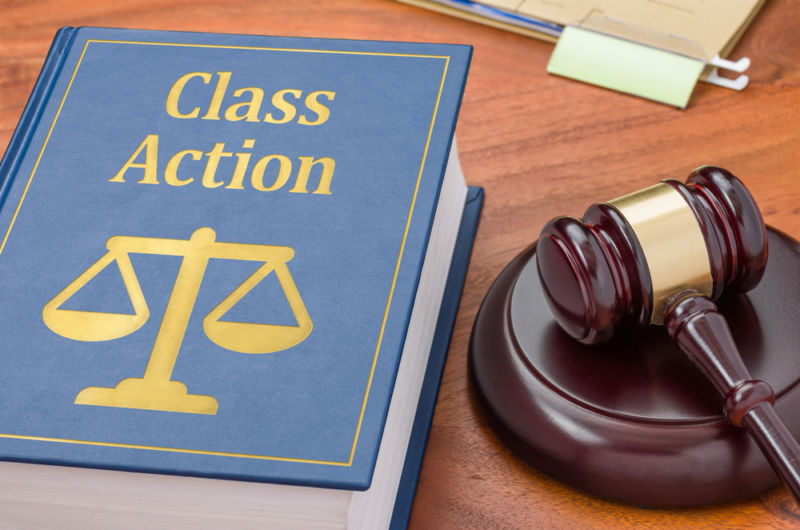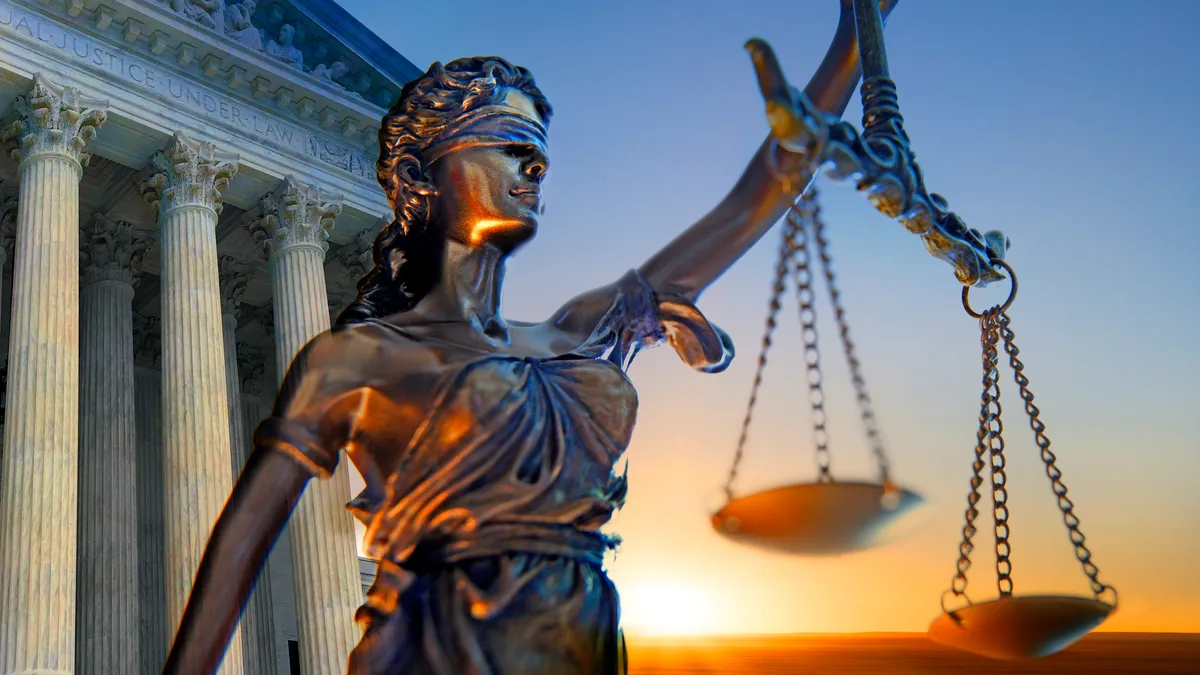Welcome to our comprehensive guide on class action lawsuits, where we aim to demystify this legal process and provide you with a clear understanding of its intricacies. In this article, we’ll explore the purpose of class action lawsuits, the steps involved in filing or participating in one, and the impact they can have on both plaintiffs and defendants.


What is a class action lawsuit?
A class action lawsuit is a legal action brought by a group of individuals who have suffered similar harm or damages caused by the same defendant or group of defendants. These lawsuits allow individuals with common claims to join together and pursue their case collectively, rather than filing separate lawsuits.The Purpose and Benefits of Class Action Lawsuits
Class action lawsuits serve several important purposes, including providing access to justice for individuals who may not have the resources to pursue individual claims, holding defendants accountable for their actions or negligence, and achieving efficiency in the legal process by consolidating similar claims into a single case.How Class Action Lawsuits Work
The process of initiating and participating in a class action lawsuit involves several key steps, including certification of the class, notification of class members, discovery, negotiation, and potentially a trial or settlement. Each step is carefully orchestrated to ensure fairness and efficiency in resolving the claims of all class members.Who Can Participate in a Class Action Lawsuit?
Class action lawsuits typically involve a group of individuals who have suffered similar harm or damages as a result of the defendant’s actions. Class members may include consumers, employees, investors, or other individuals who share common claims against the defendant.The Impact of Class Action Lawsuits
Class-action lawsuits can have far-reaching consequences for both plaintiffs and defendants. For plaintiffs, these lawsuits offer an opportunity to seek compensation or other remedies for their losses. For defendants, class action lawsuits can result in significant financial liability, reputational damage, and changes to business practices or policies.
The Evolution of Class Action Lawsuits
Class action lawsuits have evolved significantly over time, adapting to changes in legal frameworks and societal needs. From their origins in the early 20th century to modern-day applications in consumer protection and corporate accountability, the history of class action lawsuits is rich and complex. Understanding this evolution can provide valuable insights into the purpose and effectiveness of class action litigation in addressing systemic issues and promoting justice for affected individuals.Types of Class Action Lawsuits
Class action lawsuits can take many forms, ranging from consumer rights cases to securities fraud and environmental litigation. Each type of class action lawsuit addresses specific issues and involves unique legal considerations. By exploring the various types of class action lawsuits, you can gain a deeper understanding of their breadth and impact across different areas of law and society.The Role of Class Action Attorneys
Class action attorneys play a crucial role in representing the interests of class members and advocating for justice on their behalf. These legal professionals specialize in complex litigation and have the expertise and resources to navigate the intricacies of class-action lawsuits. From conducting investigations to negotiating settlements, class action attorneys work tirelessly to achieve favorable outcomes for their clients and hold defendants accountable for their actions.Challenges and Controversies in Class Action Litigation
Despite their importance in promoting access to justice, class action lawsuits are not without challenges and controversies. Critics argue that class action litigation can be costly, time-consuming, and prone to abuse by opportunistic plaintiffs and attorneys. Additionally, recent legal developments and judicial interpretations have placed new hurdles in the path of class action plaintiffs, making it increasingly difficult to certify classes and obtain meaningful relief.

